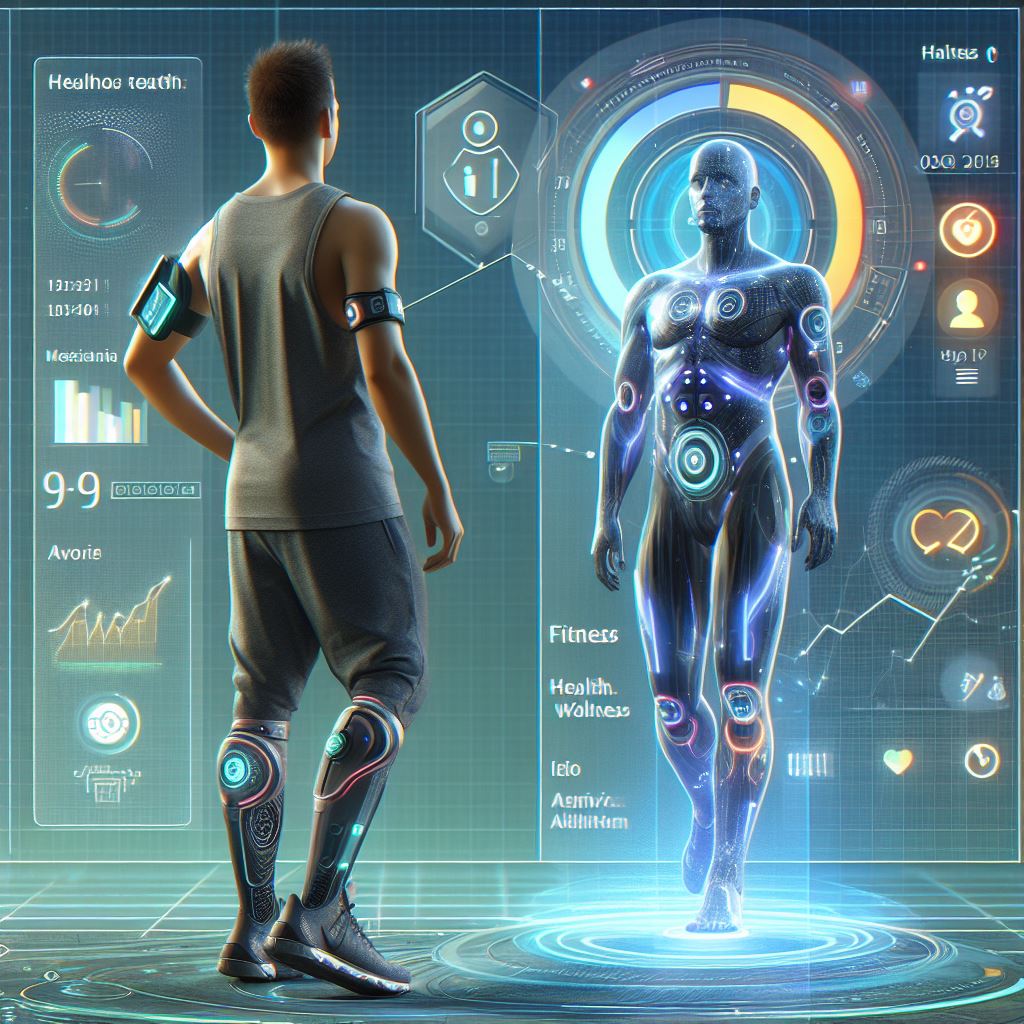
While striving to achieve New Year's resolutions focused on weight loss, the inquiry emerges: Can artificial intelligence (AI) personal trainers successfully substitute their human counterparts?
Varun Bhanot, CEO of AI fitness software firm Magic AI, shares his journey from feeling intimidated by traditional gyms to transforming his life with the help of a human personal trainer. Recognizing the barriers of cost and inconvenience associated with traditional fitness approaches, Bhanot founded Magic AI in 2021, introducing the Magic Mirror—a touch-screen mirror featuring an AI-powered trainer in human form.
"When you log in, you put in all of your biometric information, and then the AI generates a personalized program, just like a human personal trainer," explains Bhanot. The AI trainer, equipped with cameras to track movements, provides instant feedback and suggestions, adapting workouts as users progress.
The global fitness and wellbeing sectors are witnessing a surge in AI integration, with a market estimated at $7.8 billion in 2022 and projected to reach $35.6 billion by 2030. Various AI-powered fitness apps, including Aaptiv, FitnessAI, and Freeletics, offer users personalized workout experiences, reflecting a growing trend of preferring virtual interactions over human connections.
While some argue that AI cannot replicate the motivation derived from human interaction, others, like British sprinter Desiree Henry, emphasize the support felt during AI-guided home workouts. Bhanot sees AI as a complementary option to traditional gyms, providing flexibility and convenience, akin to the relationship between Netflix and cinemas or food delivery and restaurants.
In Dallas, Texas, Lumin Fitness pioneers a new concept—an AI-powered gym where up to 14 individuals can exercise together, guided by AI coaches through personalized workouts or high-intensity interval training. The studio employs sensors to monitor form and provide feedback, while users wear headphones for verbal guidance.
"We're not trying to replace the talent of the trainers; we're giving them tools to provide a better experience," notes Brandon Bean, co-founder and CEO of Lumin Fitness. While acknowledging the potential for AI to enhance exercise progression, physiotherapist Lucy McDonald cautions users to consult human experts to avoid overtraining or injury.
Mr. Bean optimistically anticipates the continuous improvement of AI fitness apps, citing the technology's ability to learn and adapt over time. Despite advancements, the debate persists regarding whether AI can truly replace the unique aspects of human-led fitness experiences, such as community building and personal connections. As the industry evolves, the integration of AI into fitness practices remains a dynamic and evolving phenomenon.